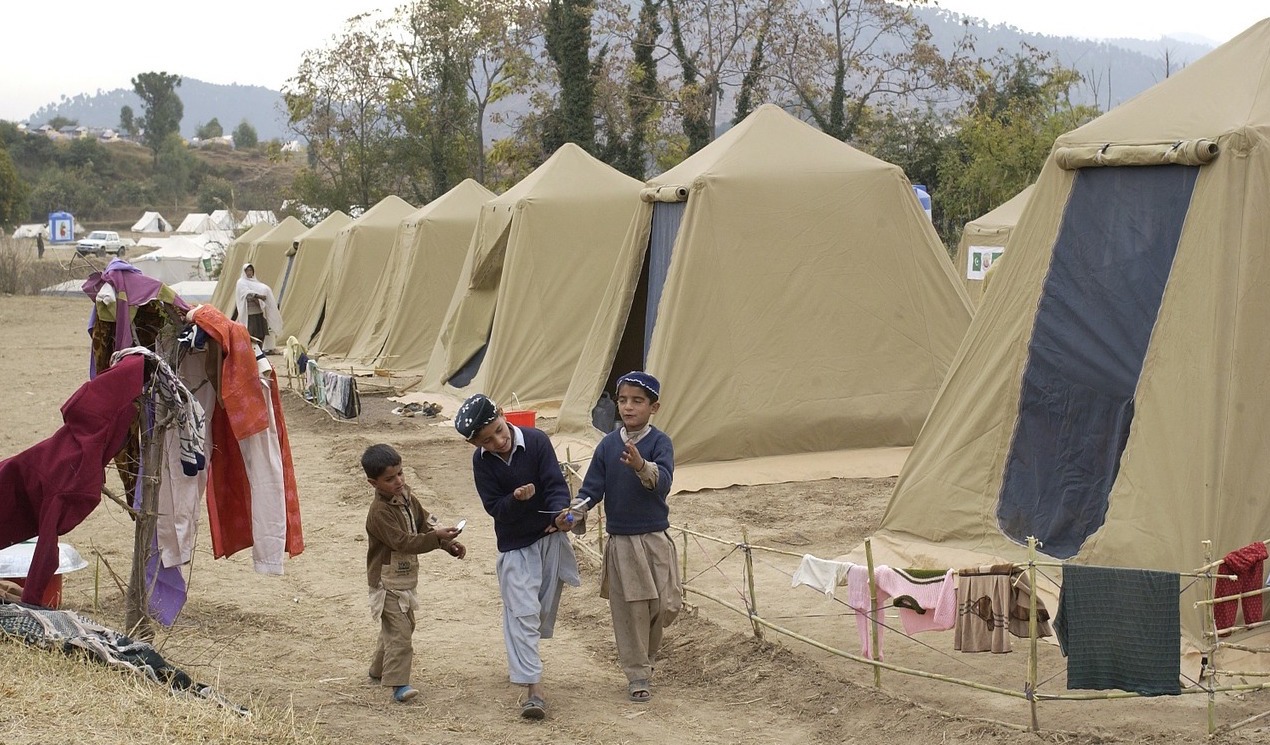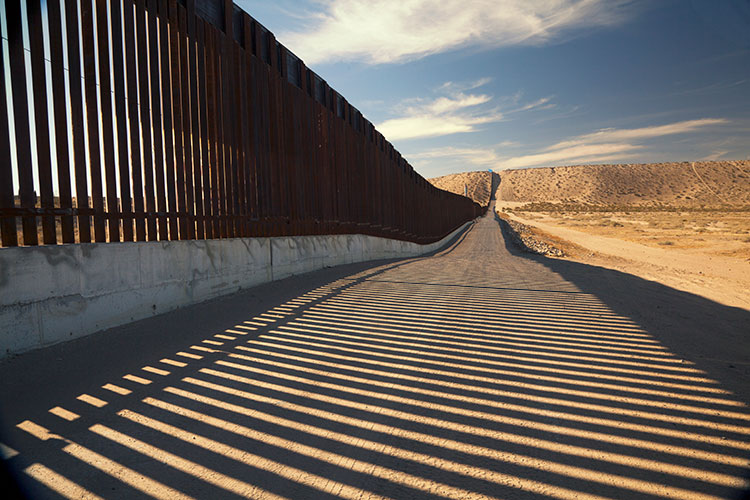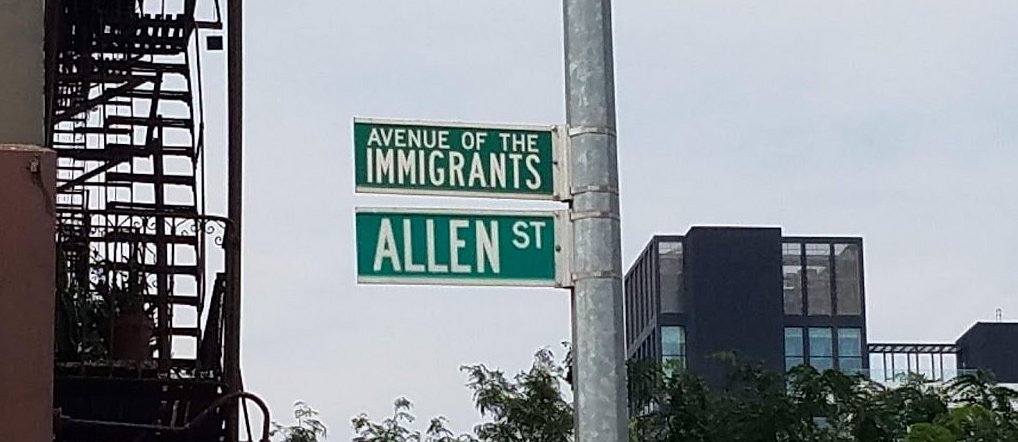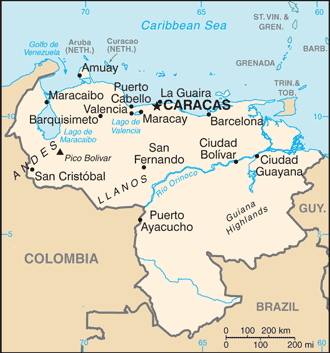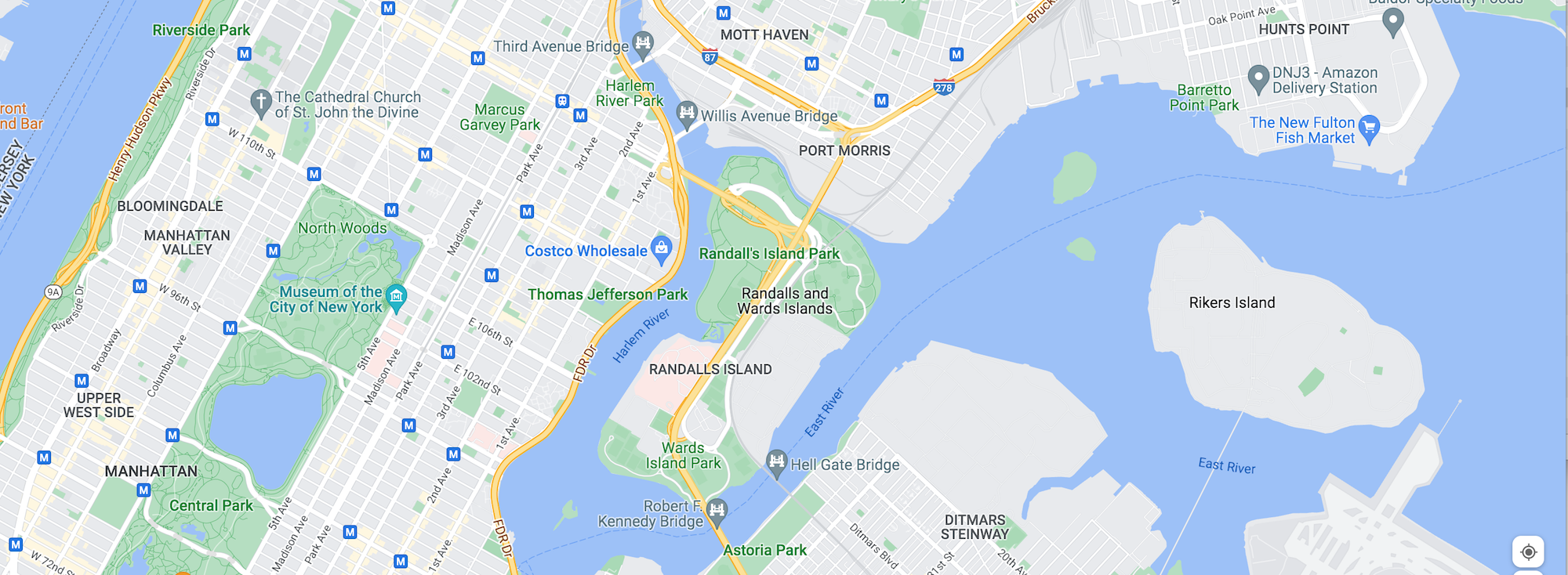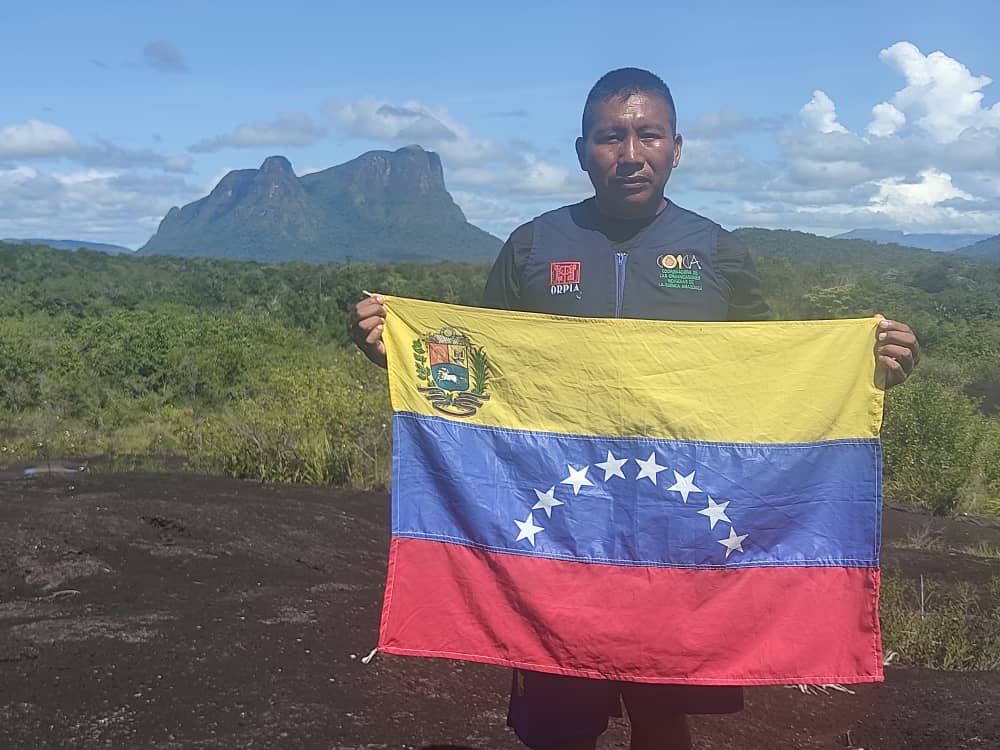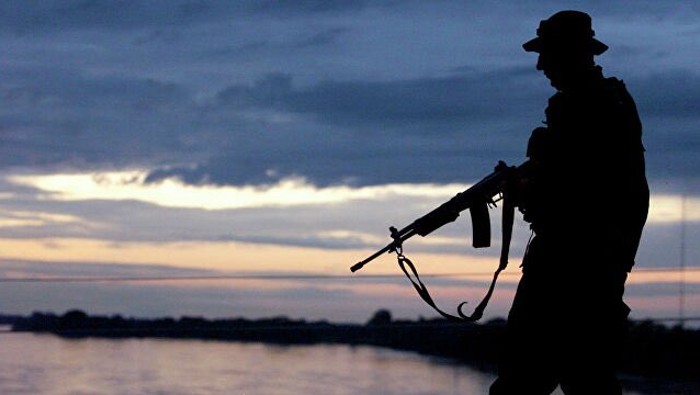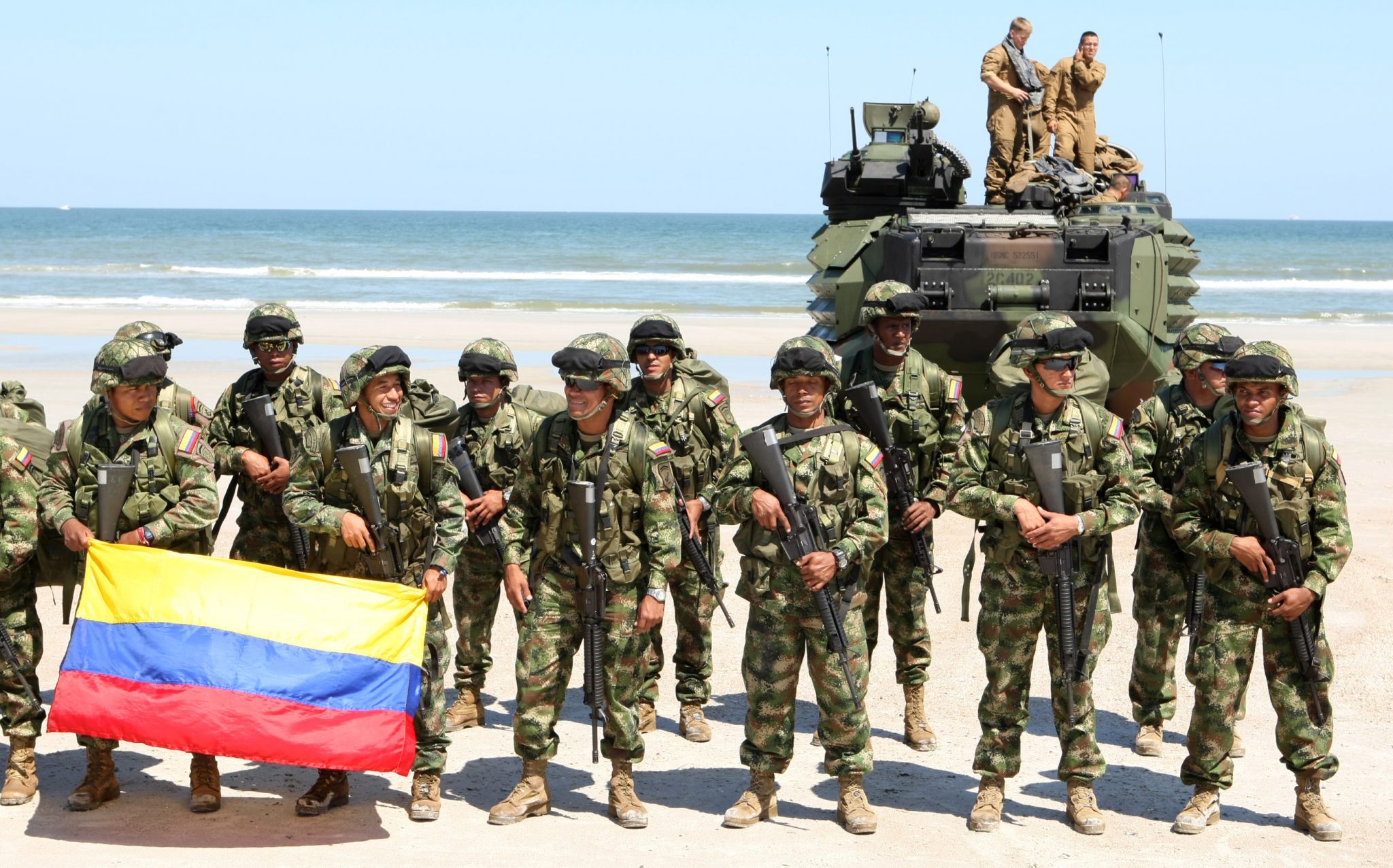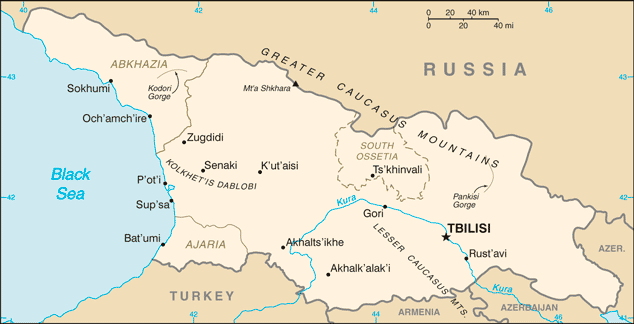US leans on Mexico to increase deportations
Mexico will step up efforts to deport asylum-seekers and migrants to their countries of origin in order to “depressurize” northern cities bordering the United States, the country’s National Migration Institute announced following a meeting with US officials. Texas border cities such as El Paso and Eagle Pass are scrambling to find shelter space as thousands now cross the border on a daily basis, overwhelming reception capacity. But thousands more still wait in northern Mexico, trying to make appointments using a government cell phone application to enter the US and lodge asylum claims. (Map: PCL)



